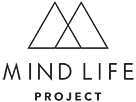Mindful In May Encore 2021 | Day 22
Day Twenty-two
DAY 22: Dr Elise Bialylew interviews Dr Chris Germer
Video Objectives About Dr. Chris Germer Video Objectives
In this video, you’ll learn:
- What self-compassion is.
- The connection between mindfulness and self-compassion.
- How to practice self-compassion to improve your wellbeing.
- The scientific research supporting the benefits of self-compassion.
- How touch and voice can be used to activate self-compassion.
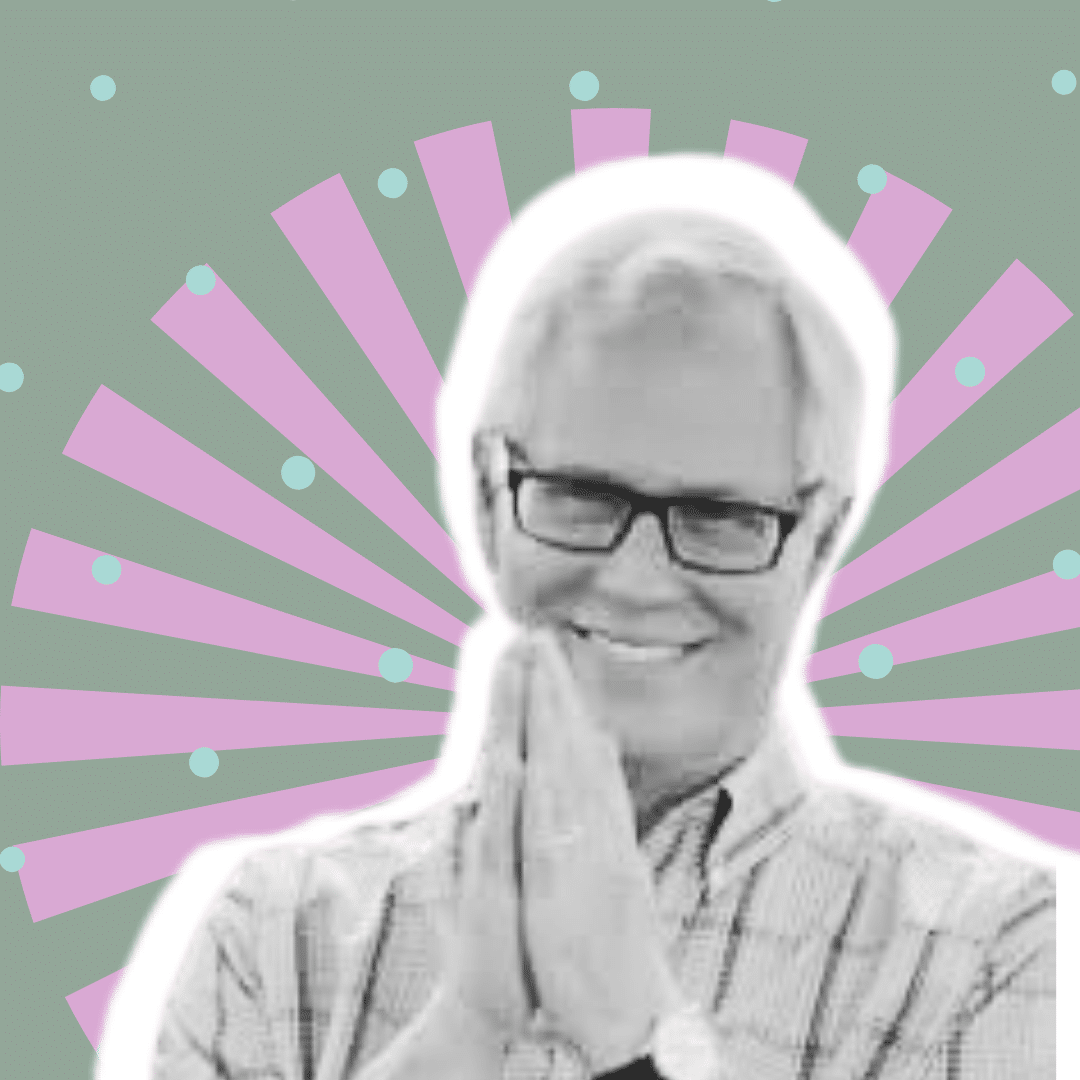 Chris Germer, PhD is a clinical psychologist and lecturer on psychiatry (part-time) at Harvard Medical School. He co-developed the Mindful Self-Compassion (MSC) program with Kristin Neff in 2010 and MSC has since been taught to over 100,000 people worldwide. They co-authored two books on MSC, The Mindful Self-Compassion Workbook and Teaching the Mindful Self-Compassion Program.
Chris Germer, PhD is a clinical psychologist and lecturer on psychiatry (part-time) at Harvard Medical School. He co-developed the Mindful Self-Compassion (MSC) program with Kristin Neff in 2010 and MSC has since been taught to over 100,000 people worldwide. They co-authored two books on MSC, The Mindful Self-Compassion Workbook and Teaching the Mindful Self-Compassion Program.Chris spends most of his time lecturing and leading workshops around the world on mindfulness and self-compassion. He is also the author of The Mindful Path to Self-Compassion; he co-edited two influential volumes on therapy, Mindfulness and Psychotherapy, and Wisdom and Compassion in Psychotherapy; and he maintains a small private practice in Arlington, Massachusetts, USA.
Prefer to listen, rather than watch? Click the play button below.
[accessally_missing_all_tag tag_id=’657,814′ comment=’MLP Purchaser (AnyTime),MIMEncore2021_POP_Upsell’]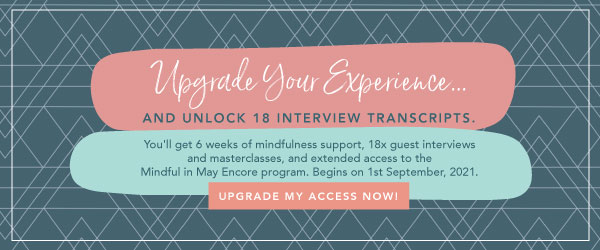 [/accessally_missing_all_tag]
[/accessally_missing_all_tag]
Click here to download the transcript of Dr Elise Bialylew’s interview with Chris Germer.[/accessally_has_any_tag]
Your meditation for today
Body Scan For Sleep with Vidyamala Burch
Vidyamala co-founded Breathworks as a Social Enterprise in 2004 with Gary Hennessey (AKA Ratnaguna) and Sona Fricker. Breathworks has now spread internationally with accredited trainers in over 35 countries. She also co-founded Breathworks Foundation – dedicated to making mindfulness and compassion training available to anyone regardless of circumstances. She is the author of 3 books: Mindfulness for Health – a practical guide to relieving pain, reducing stress and restoring well-being (2013) co-authored with Danny Penman; Mindfulness for Women – declutter your mind, simplify your life and find time to ‘be’ (2016) co-authored with Claire Irvin; Living Well with Pain and Illness – how mindfulness can free you from suffering (2008)
LEARNING TO BE KINDER TO YOURSELF
“A moment of self-compassion can change your entire day. A string of such moments can change the course of your life.”
~ Chris Germer
LEARNING TO BE KINDER TO YOURSELF
How kind are you to yourself?
What attitudes, expectations or demands do you have for yourself that you could let go of a little in order to be gentler and kinder to yourself?
A crucial aspect of connecting more deeply and kindly with others is growing our capacity to be kind to ourselves.
As we start to pay attention to our own inner dialogues, it can be quite disturbing to discover how self-critical we are. Through increased self-awareness, cultivated through mindfulness, it’s possible to shift the quality of this self-talk and move towards a more loving accepting relationship with ourselves.
Our minds are intimately connected to our bodies, and the kind of thoughts we have impact our physiology. Take a moment to bring to mind something you love: maybe it’s an image of a beautiful beach, or someone you care about. You may notice how just thinking about this image calms and relaxes your body, perhaps lowering your heart rate and slowing your breath. Similarly, when you remember something that upset you in the past, you can feel the impact of that thought on your emotional state and in your body – your stomach churning, or perhaps a tightening in your throat.
When we have self-critical thoughts, we actually trigger areas of the brain that are associated with stress. If we do this over a long time, it leads to high levels of cortisol (the stress hormone) in the body. In contrast to that, self-compassion is associated with a different system, the “tend-and-befriend” system. When we practice self-compassion, we’re caring for ourselves like a mother cares for a distressed baby, activating this tend-and-befriend system and releasing oxytocin (the love molecule), which reduces the level of cortisol in the body.
A SELF-COMPASSION EXERCISE
If you find yourself in a difficult situation where you’re angry, disappointed or anxious, or things just haven’t gone the way you wanted, take a moment to actually put your hand on your heart as a way of actively caring for yourself (touch is a powerful way to self-soothe and activate the tend-and-befriend system).
You can also add soothing words such as, “This feels really hard”, “I’m not alone – imagine all the humans that are suffering in this moment”, and “May I be kind to myself”.
Let the MIM community know that you did the practice – that’s what the community is here for, to help you stay connected and on track!
Come on over to the Facebook community where lots of conversations are being had and share your reflections from today’s exercise and meditation.
Be Mindful after August
Continue your mindfulness journey for 6 weeks with guidance from Elise and extend your access to the Mindful in May Encore program.
UPGRADE NOW AND SAVEstay on track
mark off your daily progress here
[progressally_objectives]
[progressally_progress_pie_chart size=”80″]

DONATE HERE
If you’d like to make a donation and be part of this impact you can still do so right here – every $50 will bring clean water to one person for life!
DONATE NOW
Bonus Interviews
Watch Elise’s conversations with four leading wellbeing experts.
WATCH NOW Back to Mindful in May